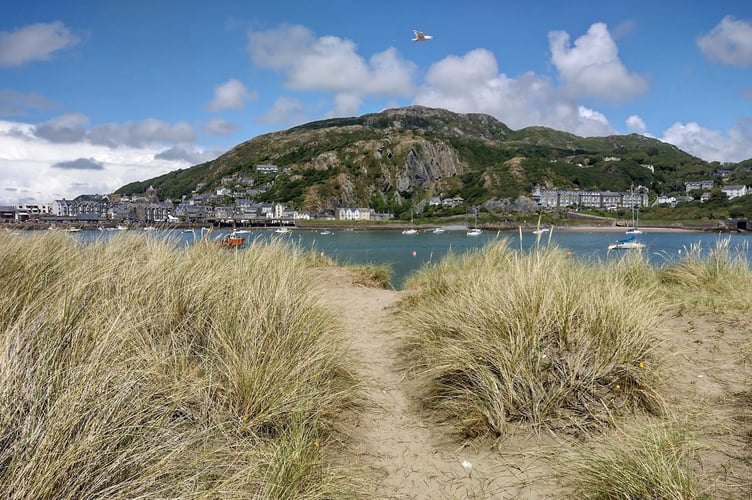Before coming back to west Wales, I used to live in the South Hams. Along with Gwynedd it has the highest proportion of second homes in the UK. Ceredigion isn’t far behind.
We see this as being a “crisis” and Chris Betteley has clearly outlined the issue (Census data outlines scale of second-home crisis) and the editor has highlighted it (We need to set limits on second homes).
It is certainly a problem (as is housing throughout the UK), but is it a crisis? Looked at differently, is there actually an opportunity to do something better?
And will more and more regulation and taxation solve the “crisis”, or make it worse? In fairness even Mark Drakeford has acknowledged the risk of creating “unintended consequences”.
It’s worth comparing and contrasting South Hams with west Wales. Both share a beautiful coastline with a largely unspoilt hinterland leading to uplands. South Hams has several natural harbours attracting “yachties” and their money. It lies between the busy commercial centres of Exeter, Plymouth and Torquay, and is easily commutable to all of them. Moreover, it is directly accessed by dual carriageway or motorway to Bristol, London and beyond, with direct rail links.
In Ceredigion you don’t have to travel far to see a range of old, unused and empty farm buildings; in South Hams all of those will have been developed into homes. But as a parish councillor and aspiring (independent) South Hams councillor back in the day, I was very well aware of the issue of local affordable housing for people working in — rather than commuting from — the community.
One solution to the “crisis” was for South Hams to cede land to Plymouth in order to build a large new town (Sherford) which was going to provide good affordable housing. This involved my parish of Brixton. It was in truth no solution at all, because the housing was at the far west of the area and involved a car journey to where the work needed to be done (Salcombe, Kingsbridge, Dartmouth etc).
The second was to build “social housing”; again this tended to be on the borders and of such poor quality, no one really wanted to live there.
Here in Ceredigion we don’t have adjacent commercial centres. So there is never going to be a glut of high-skilled/high-income “local” employment. That won’t change without major infrastructure (transport) improvements, and Welsh Labour aren’t interested in that. Obviously we have the universities and National Library and some hi-tech firms, but to a large extent our economy depends on our environment. That means agriculture and tourism are major drivers of our local economy. So if we give tourism a hard time, in order to improve provision of homes, we may bite off a hand that feeds us.
Why don’t we get ambitious for once and recognise that we need both holiday homes and affordable local homes especially for our young people? There may well be 5,098 second homes in Gwynedd, but it isn’t as if there is any lack of space there. With proactive local and Welsh Government, it can’t be impossible to create a similar number of starter homes for local young people within local communities. Many of these could be based on unused buildings. With a bit of thought these homes would simply blend in to the existing community; no one would notice and no sensible person would object. It would also support the multi-generational living that we are going to need to cope with our demographic/social care issues.
If we are going to “regulate” second homes, then the target should be to encourage occupancy. Empty homes are like gold in a bank vault; useless! We need holidaymakers in those houses spending their money in our pubs, restaurants and shops.
What we need here is a west Wales solution for a local issue; it’s called an opportunity. It needs real world pragmatism. Those driven by political dogma and a desire to see us all in ghastly Soviet-style housing should be excluded from the discussion. Other than ensuring a fair return of locally generated tax receipts, Welsh and Westminster governments should keep out of the way. And our elected county councillors need to drive this process, create a strategy and make the bureaucracy (planning process etc) support it.




